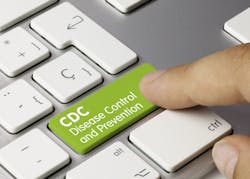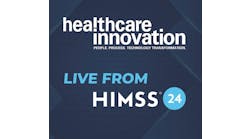According to a Nov. 29 press release, Centers for Disease Control and Prevention (CDC) is awarding $3.2 billion to assist state, local, and territorial jurisdictions in the U.S. bolster their public health workforce and infrastructure. The funding, which is the first of its kind, according to the release, will be awarded directly to state, local, and territorial health departments to provide people, services, and systems needed to better health in U.S. communities. Every individual in the U.S. lives in a jurisdiction that will receive this funding.
The release states that “The $3.2 billion includes $3 billion from the American Rescue Plan Act for jurisdictions to recruit, retain, and train their workforce, including critical frontline public health workers such as epidemiologists, contact tracers, laboratory scientists, community health workers, and data analysts. The funding also includes $140 million from a new appropriation for jurisdictions to strengthen and revitalize their public health infrastructure. Lastly, national partners will be awarded $65 million to provide training, evaluation, and other technical assistance to jurisdictions as they work to strengthen the services they provide and rebuild their workforce to help protect every American community.”
Further, “In crafting this grant, CDC’s core focus was on listening to jurisdictions and partners to ensure the funding was tailored to meet their actual needs; needs which are as diverse as the jurisdictions themselves. This grant helps to address urgent and ongoing public health needs in communities that are economically or socially marginalized, rural communities, and communities with people from racial and ethnic minority groups. The grant is also a critical new tool for CDC to provide direct support to public health agencies and deliver future resources for modernizing data systems and meeting the fundamental public health needs of American communities.”
The release adds that stronger infrastructure allows public health to ensure food and water is safe to consume, identify and track diseases, stop outbreaks, provide healthcare to children and mothers, and monitor data.
CDC director Rochelle Walensky, M.D., M.P.H. was quoted in the release saying that “State, local, and territorial health departments are the heart of the U.S. public health system, and the COVID-19 pandemic severely stressed these agencies, which were already weakened by neglect and underinvestment. This grant gives these agencies critical funding and flexibility to build and reinforce the nation’s public health workforce and infrastructure, and protect the populations they serve. We are meeting them where they are and trusting them to know what works best for their communities.”


